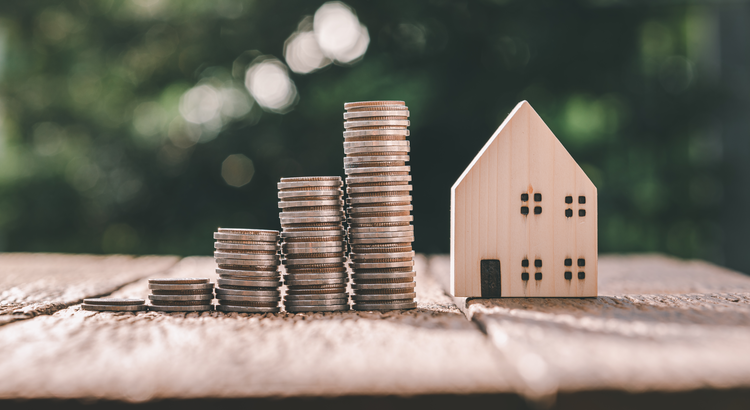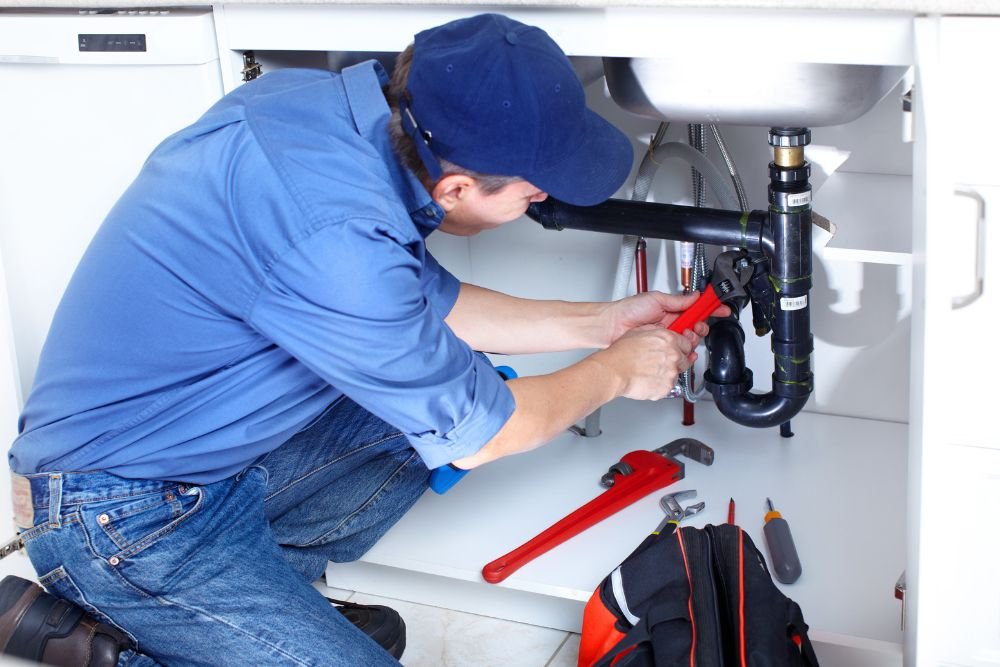Overlooked Details That Can Affect Your Home Investment

When evaluating a home as an investment, most buyers focus on obvious factors, such as location, square footage, and curb appeal. However, several subtle elements can significantly influence your property’s marketability. Knowing how to dig into overlooked details and spot hidden factors that can affect your home’s value will help you avoid costly surprises.
Foundation and Structural Integrity
A home’s foundation is easy to ignore during a quick tour, but it plays a vital role in determining the property’s value and safety. Cracks, uneven floors, or sticking doors can indicate costly structural issues. Even minor foundation concerns can develop into expensive repairs that reduce a property’s resale potential. Hire a professional to conduct a thorough inspection and safeguard your investment.
Roofing and Drainage Systems
A new coat of paint may make a home look appealing, but what’s above the walls matters even more. The roof’s condition has a direct impact on energy efficiency, insurance costs, and the risk of water damage. Likewise, poorly designed or clogged gutters can cause water to pool around the foundation. Buyers and homeowners who skip roof and drainage evaluations often face unexpected repair bills.
Electrical and Plumbing Systems
Older homes often hide expensive utility surprises that become your responsibility as the owner. Outdated electrical systems may require complete rewiring to meet current codes, especially if you plan to rent the property. Plumbing issues, such as galvanized pipes or inadequate water pressure, can lead to frequent repairs and less comfort in the home. These problems directly impact both your operating costs and the property’s attractiveness to future buyers or renters.
Heating, Cooling, and Air Quality
Having a working HVAC unit isn’t the only thing that matters when it comes to air quality. Poor ventilation, outdated filters, and hidden mold can make a home uncomfortable and unhealthy. The link between indoor air quality and odors is also important to consider. Persistent odors may indicate deeper issues, such as mold growth or inadequate ductwork, both of which can impact resale value and living conditions.
Neighborhood Development Patterns
Research planned developments in the surrounding area before making your investment. New commercial projects, highway expansions, or large residential developments can dramatically alter your property’s desirability. While some developments boost property values, others can create noise, traffic, or aesthetic concerns.
Making Informed Investment Decisions
Yourhome is an investment, so paying attention to small, easily overlooked details that can affect its worth is crucial. Hire qualified inspectors who can identify hidden problems, and don’t rely solely on standard home inspections. Specialized assessments for air quality, structural integrity, and utility systems often reveal issues that could cost thousands to address later.
Consider these factors alongside traditional investment metrics like cap rates and cash flow projections. A property with hidden problems might seem like a good deal initially, but it can quickly become a financial burden when repair costs mount and tenant turnover increases.







